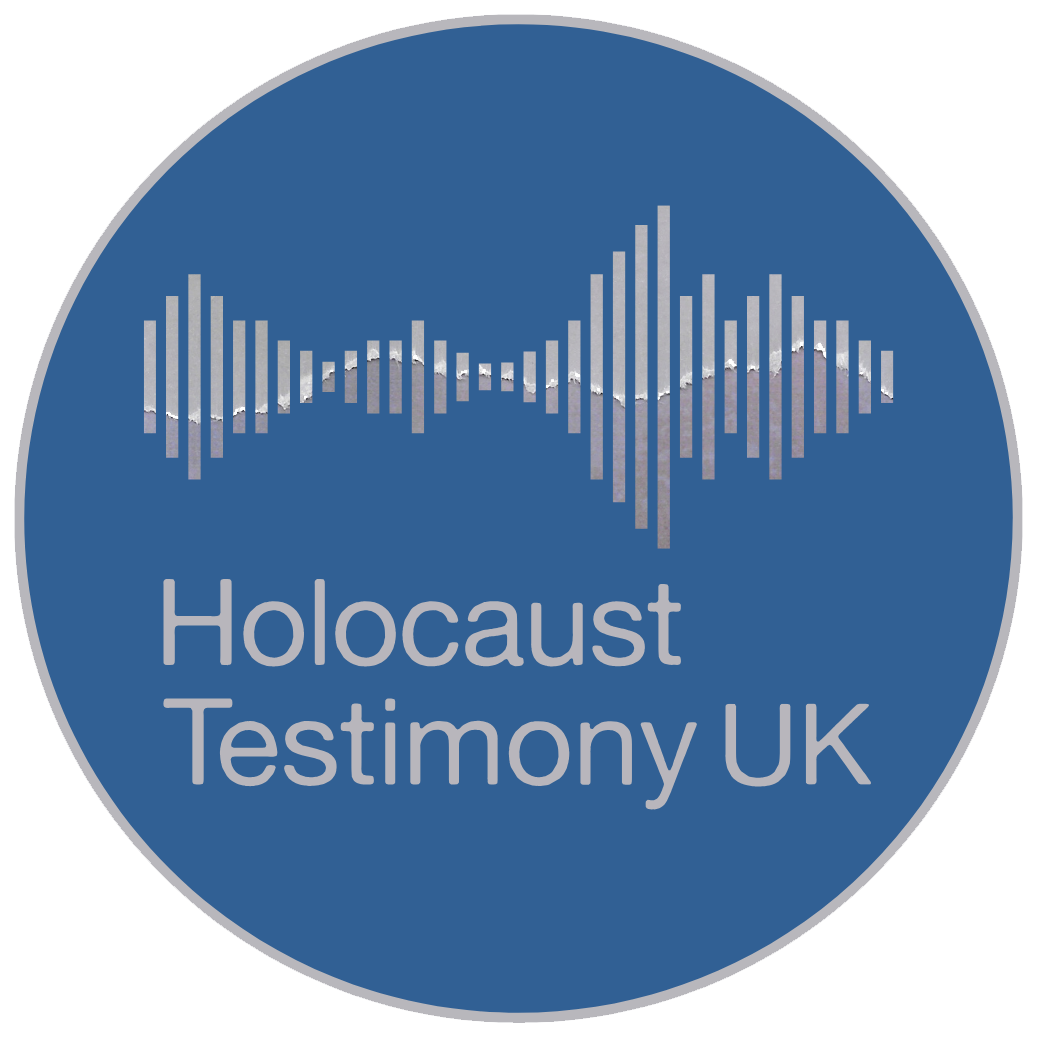<message>

Name
Born:
N/A
Place of Birth:
N/A
Date of Interview:
10/09/03
Place of Interview:
Interviewed by:
Name (Clickable)


It looks like this interview is hosted by one of our partners
Please click the link below to be redirected...
Visit Partner Website



INTERVIEW:
<name>
Born:
00/00/0000
Place of Birth:
Leipzig
<name>
Born:
00/00/0000
Place of Birth:
Institution:
<partnerName>
Collection:
Date of Interview:
10/09/03
Interviewed By:
Dr Rosalyn Livshin

Interview Summary
Fay Shaw was born in Leipzig in 1924. Her father was from Oswieciem. He had come with his family to Germany as a young child. He was a commercial traveller and a chazzan at the local shtiebel. He was very orthodox. Her mother also came from an orthodox family but was not as orthodox as her father. Fay was the oldest of 3 girls and 1 boy. She attended a Jewish elementary school and the Carlebach Schule in Leipzig. She attended the orthodox synagogue and belonged to a Mizrachi youth group. She did not suffer antisemitism since she mixed only with Jewish children but she saw marches of stormtroopers. The synagogue was burnt during Kristallnacht. Her father was taken to Buchenwald for six weeks and then received papers for Shanghai. He ended up in England on the day war broke out. Fay and her sister Margot came to England on the Kindertransport on 14 Aug 1939. Her mother and five-year-old sister Ettie were going to follow them in the next couple of weeks but never made it and perished.
Fay had relations in Manchester who had brought over many refugees. They arranged for her to stay with a family there and her sister with another family. The family expected her to clean for them and she was hoping to further her education. She did not stay there long. Her relations arranged for her to stay with another family and she worked for them on Sundays in their shop. During the week she got a job in a sewing factory and then sewing gas mask cases for the war effort. She joined a group of refugees called Young Austria, who met in South Manchester and after a while she went to live in a flat in Whalley Range. By then she was questioning her religion and had become less orthodox. She became agnostic, not knowing what to believe.
In 1946 she moved to London and met and married her husband Max Heinz Nathan, in 1948. He was a refugee from Berlin. They rented different flats and eventually bought a house in Edgware. They had two daughters. Max was a commercial traveller. They belonged to the Edgware Reform Shul. Max died young in 1963 and she was widowed for 5 years. She remarried in 1968 to Julius Shaw, a widowed English Jew.


